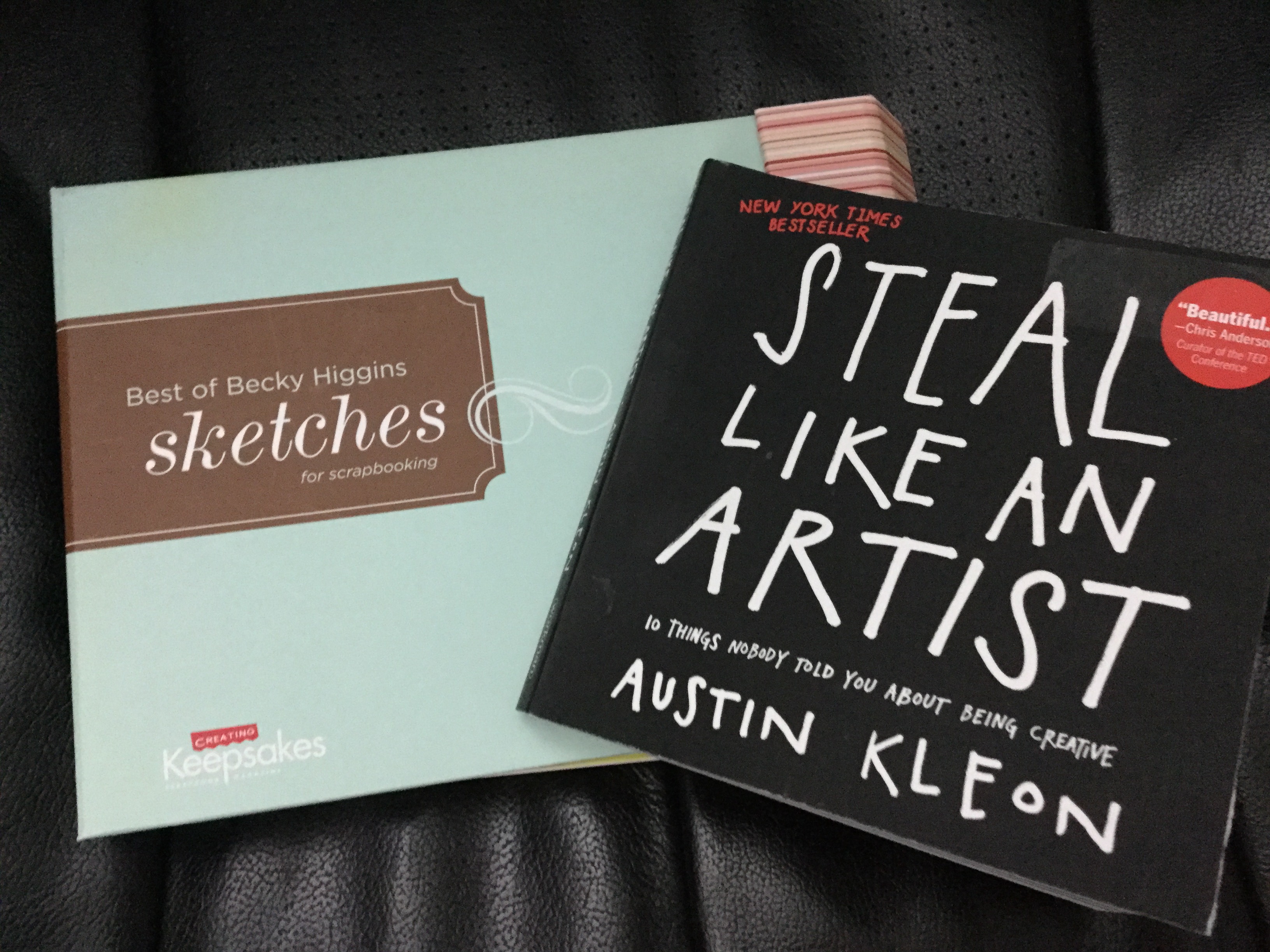

New York Magazine called his work “brilliant,” The Atlantic called him “positively one of the most interesting people on the Internet,” and The New Yorker said his poems “resurrect the newspaper when everybody else is declaring it dead.” He speaks for organizations such as Pixar, Google, SXSW, TEDx, and The Economist. He’s been featured on NPR’s Morning Edition, PBS Newshour, and in The New York Times and The Wall Street Journal. His books have been translated into dozens of languages and have sold over a million copies worldwide.

He’s also the author of Newspaper Blackout, a collection of poems made by redacting the newspaper with a permanent marker.

You’d be amazed at how well the model works.Austin Kleon is the New York Times bestselling author of a trilogy of illustrated books about creativity in the digital age: Steal Like An Artist, Show Your Work!, and Keep Going. “The model is very simple: They give away great stuff on their sites, they collect emails, and then when they have something remarkable to share or sell, they send an email. “I know people who run multimillion-dollar businesses off of their mailing lists,” he writes.

One of his favorite marketing tools is email. If you’re interested in learning more about marketing your creative projects, Kleon has some ideas to share on that, too. Anything you do not give freely and abundantly becomes lost to you. Kleon shares a favorite quote from Pulitzer Prize winner Annie Dillard, who said: “The impulse to keep to yourself what you have learned is not only shameful, it is destructive. “When you teach someone how to do your work, you are, in effect, generating more interest in your work.” “Teaching people doesn’t subtract from what you do, it actually adds to it,” he says. Kleon says that teaching others what you’ve learned becomes a cycle, because in teaching and sharing, you also learn from your student, your reader, your fellow artist. Teaching others, along with sharing your process and progress, are keys to even more ideas and engagement. Kleon’s follow-up book, “Show Your Work,” teaches readers about making their work and ideas public.


 0 kommentar(er)
0 kommentar(er)
